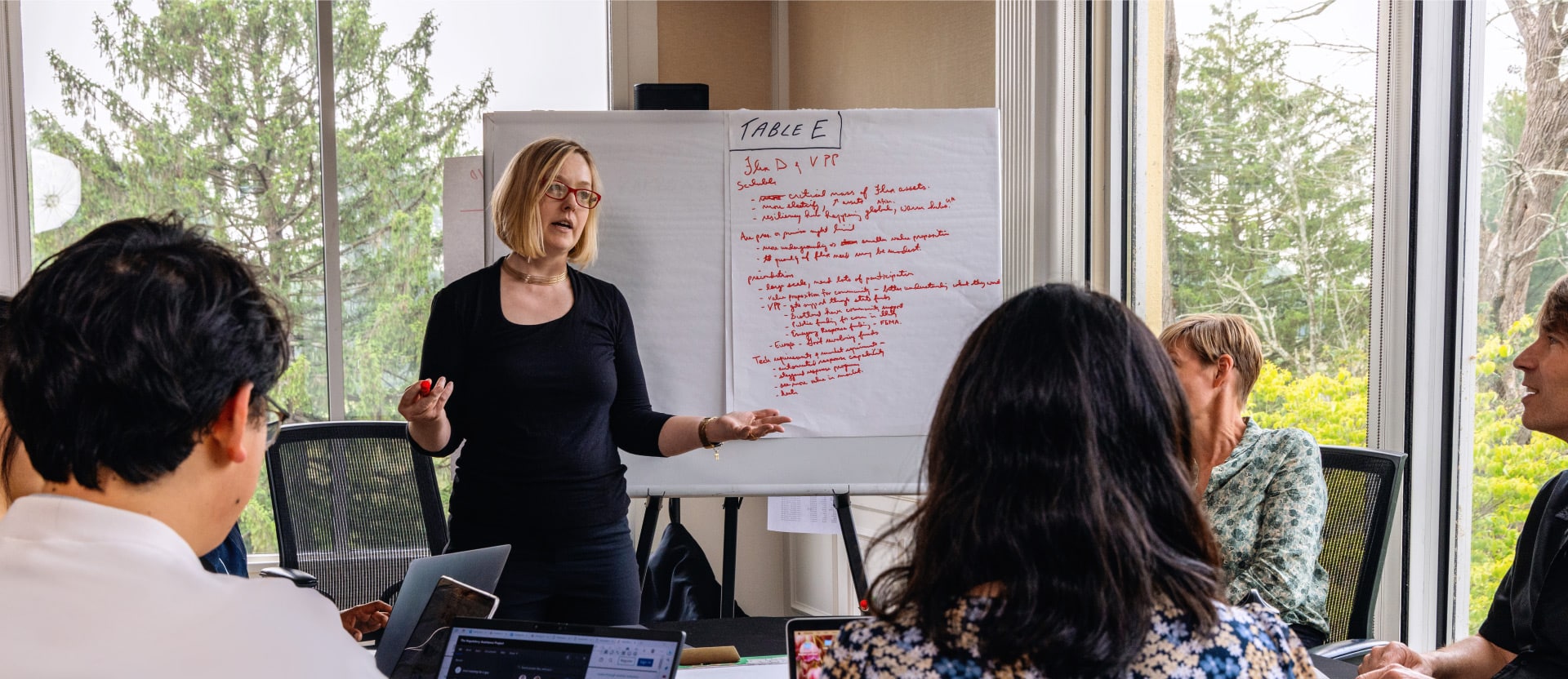
What We Do
Since 1992, RAP has been advancing policies that help countries transition toward a clean energy future.
We work directly with governments and decision-makers across the globe, helping them see clean energy through a new lens.
By developing data-informed, real-world solutions — that are also cost-effective and reliable — RAP strives to create stronger, more equitable communities.
What Guides Our Work
We know the clean energy transition is not easy work.
RAP assists decision-makers with strategic guidance on the regulatory and market reforms needed to drive decarbonization. Our technical assistance addresses immediate challenges while our thought leadership pushes the conversation and problem-solves for the future. RAP provides decision-makers with thoughtful analysis through traditional and digital mediums. Through trainings and technical assistance, our experts provide policymakers and stakeholders with the knowledge and tools to implement effective policy solutions.
RAP strives to center people in all we do. We continue to educate ourselves on energy justice and listen to communities most impacted by energy inequities. RAP emulates the Initiative for Energy Justice when they define ‘energy justice’ as “the goal of achieving equity in both the social and economic participation in the energy system, while also remediating social, economic, and health burdens on those disproportionately harmed by the energy system. Energy justice aims to make energy accessible, affordable, clean, and democratically managed for all communities.”
As we work to advance clean energy policy across the globe, RAP’s focus is on five policy initiatives that help drive a more efficient and just decarbonized energy future. These initiatives often interweave but we consider each an integral thread.
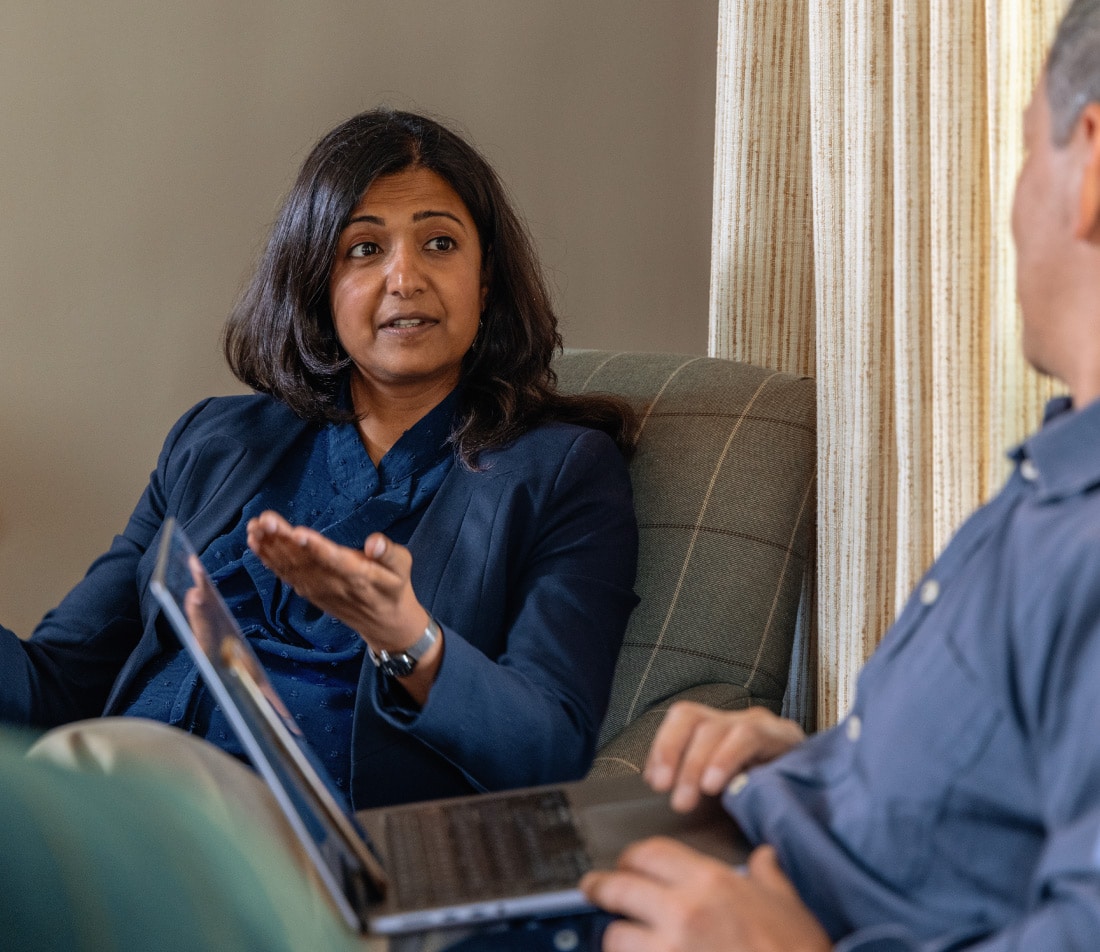
Our Clean Energy Initiatives:
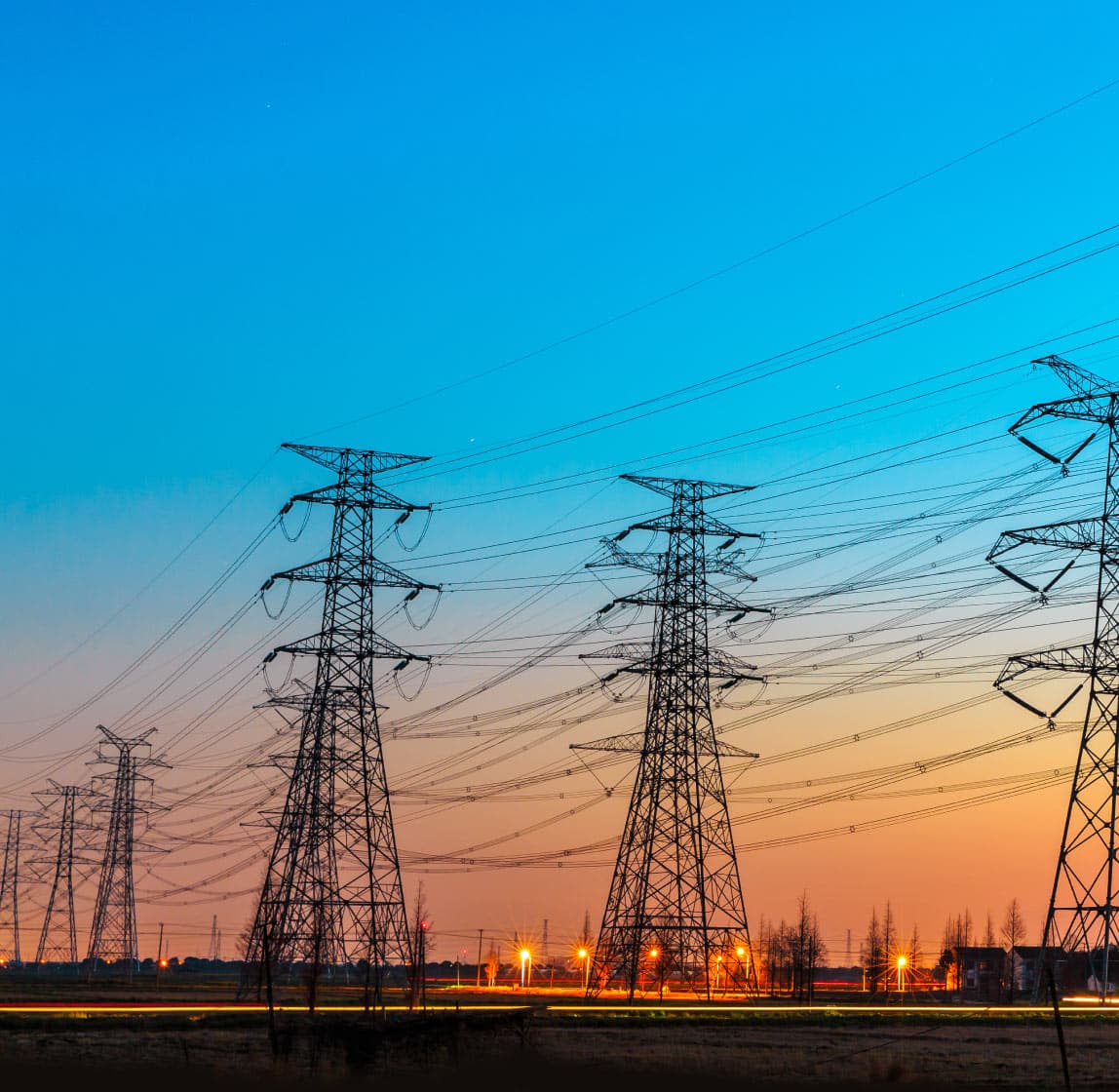
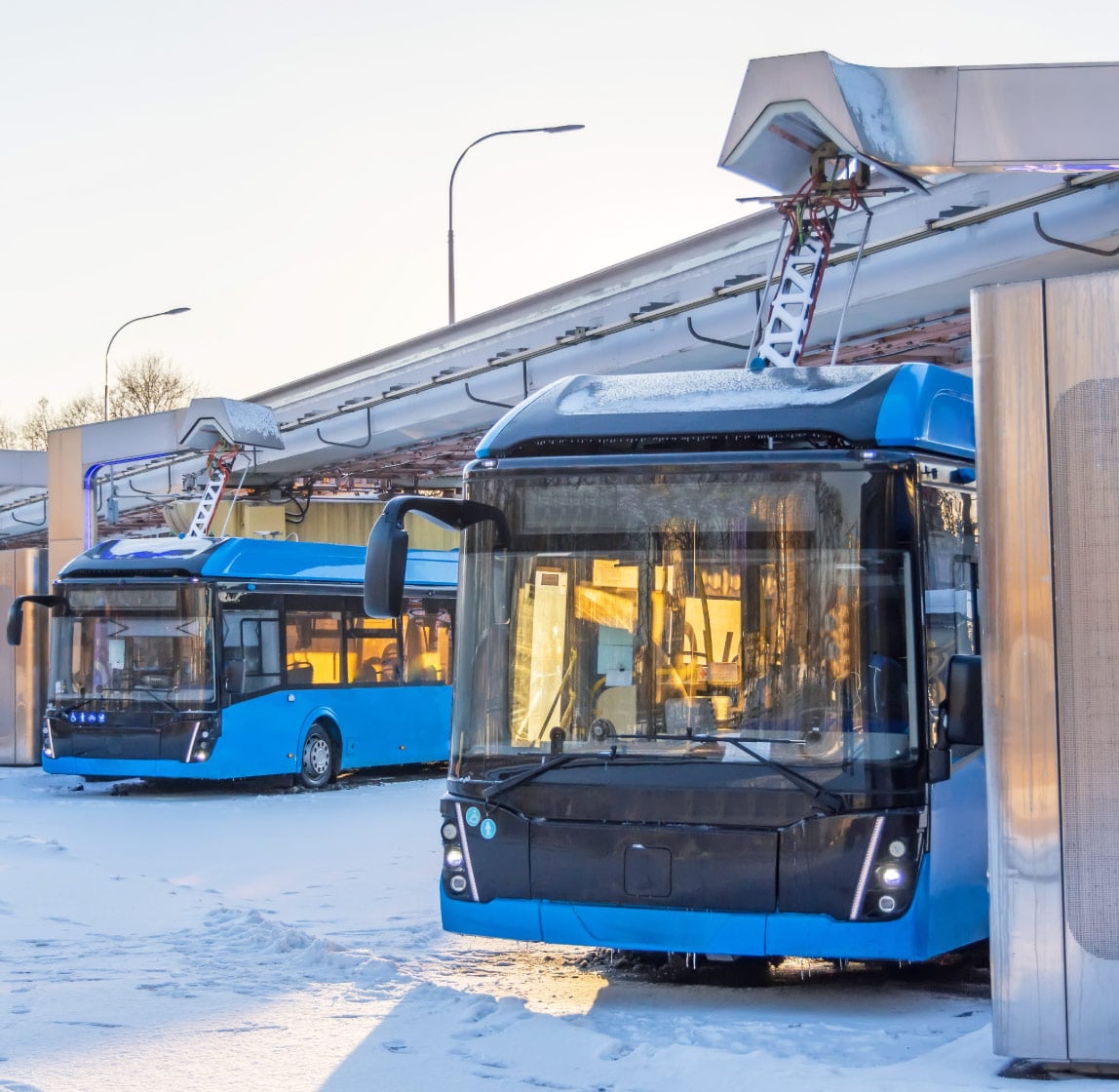
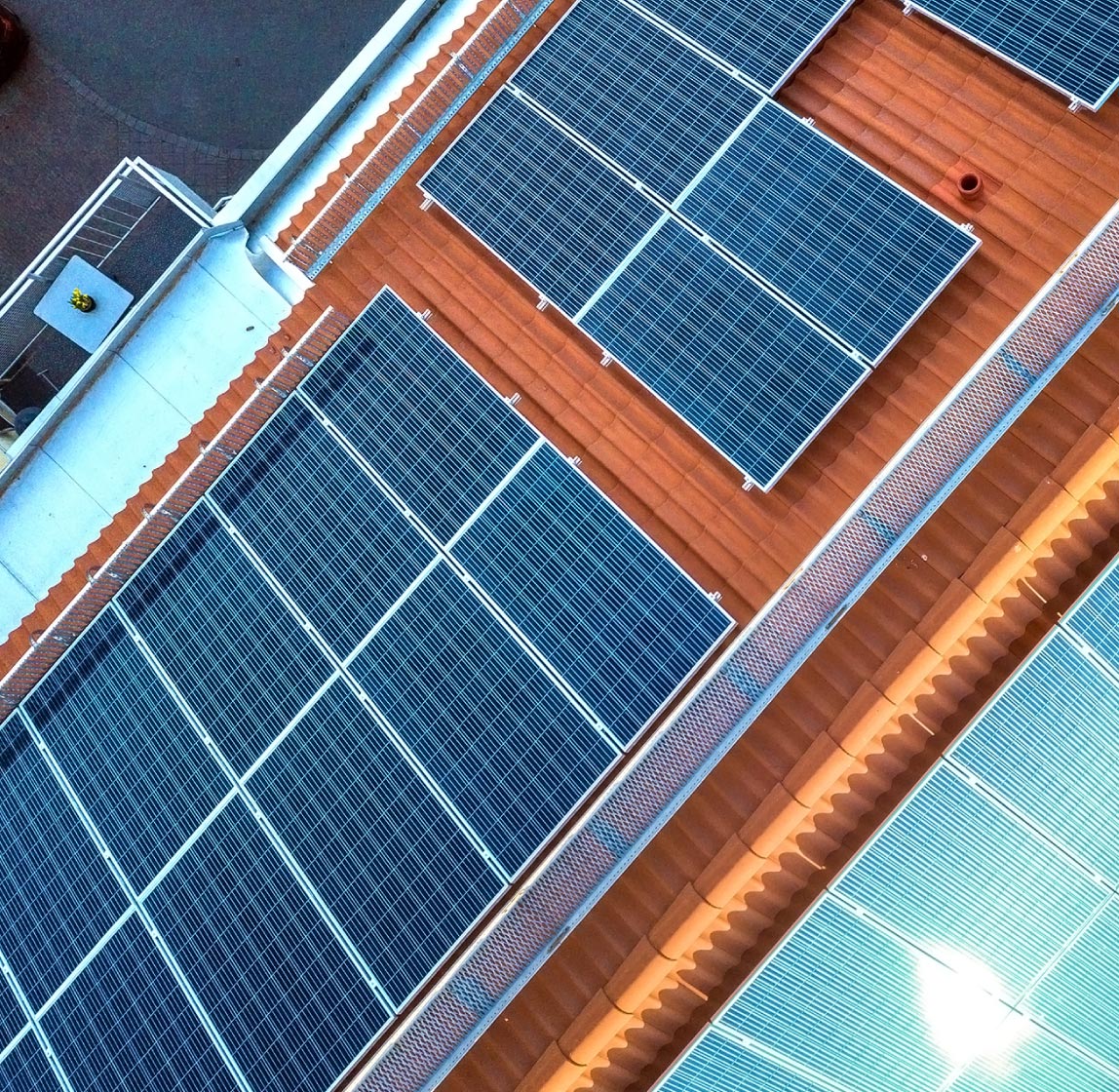
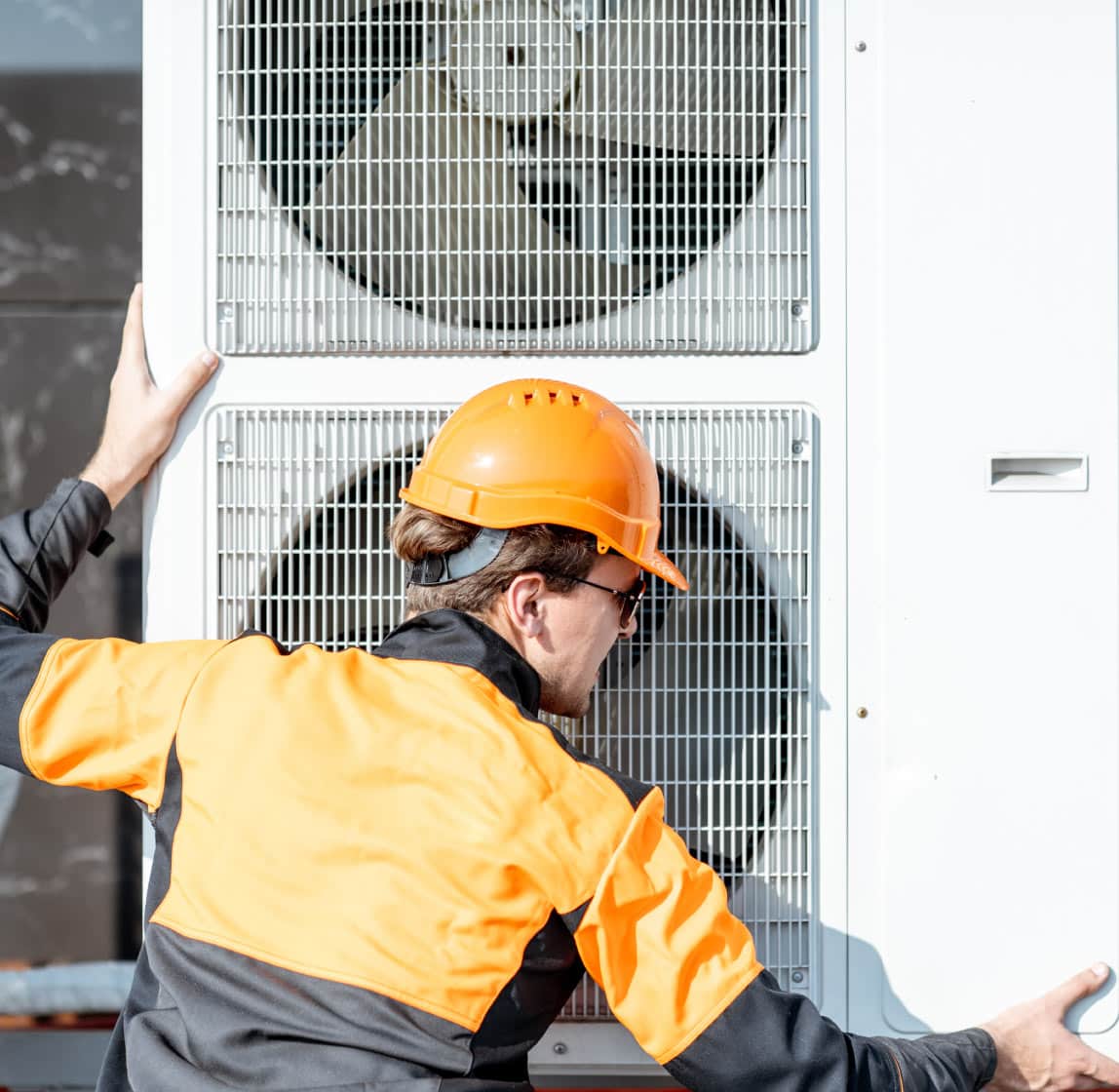
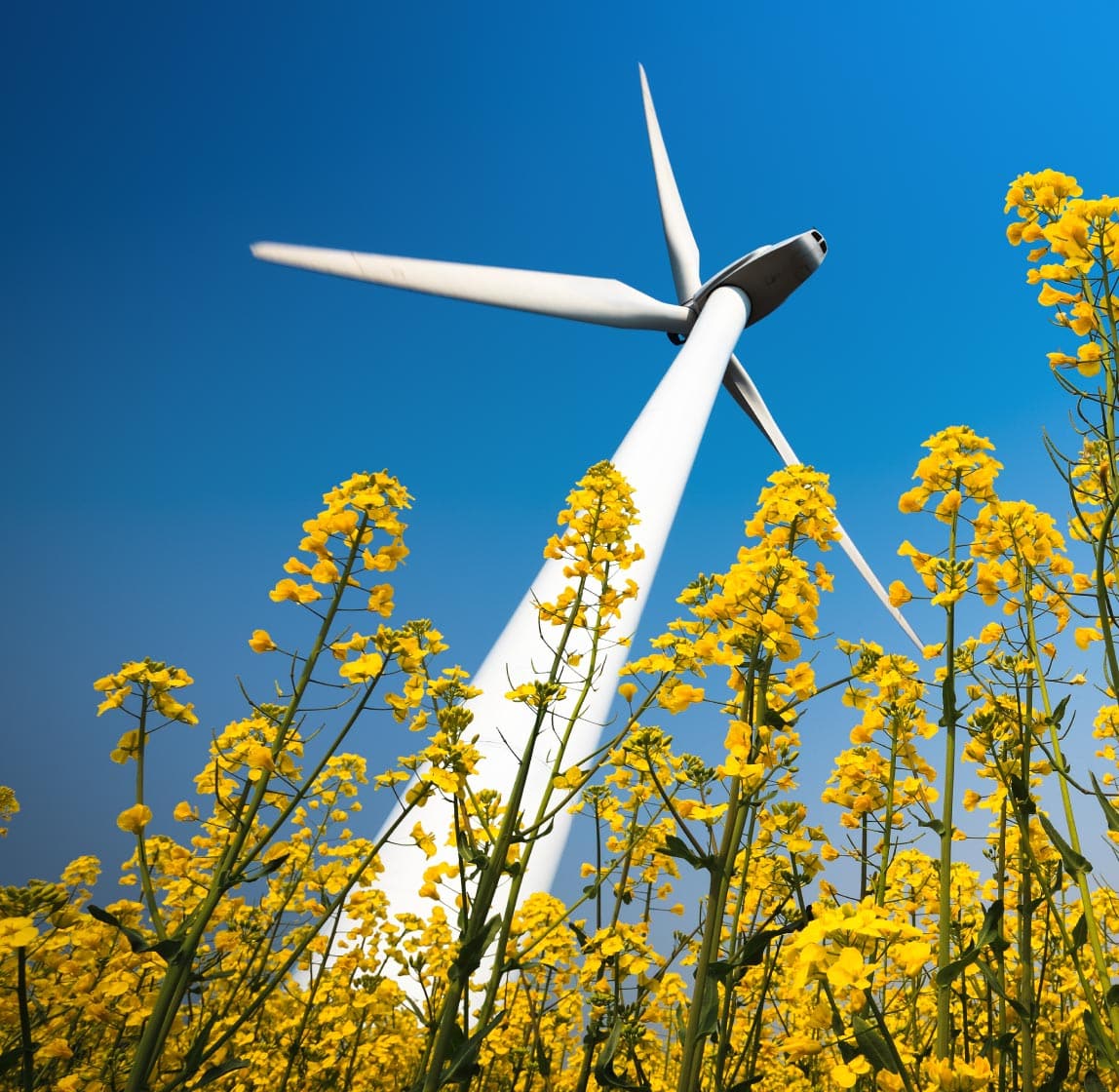
-
Decarbonize the Grid
Accomplishing climate neutrality by 2050 requires a zero-emissions power sector by the mid-2030s.View
-
Electrify Buildings and Transportation
Buildings and transportation define our energy consumption, powering them with clean and efficient electricity is a critical step in reaching climate-goals.View
-
Encourage Distributed Energy Resources
Distributed energy resources (DERs) enable people to consume electricity when the cheapest and cleanest energy is available.View
-
Reduce Emissions from Fossil Fuels
Prudent planning can ensure that unnecessary new fossil gas infrastructure doesn’t get built, while the existing network can be repurposed or phased out in a stable, reliable and affordable way. View
-
Design a Clean Energy Future
The policies that drive energy decisions must be reviewed, adapted, and even overhauled to match changing technologies and climate conditions. View
Latest Insights from Rap experts
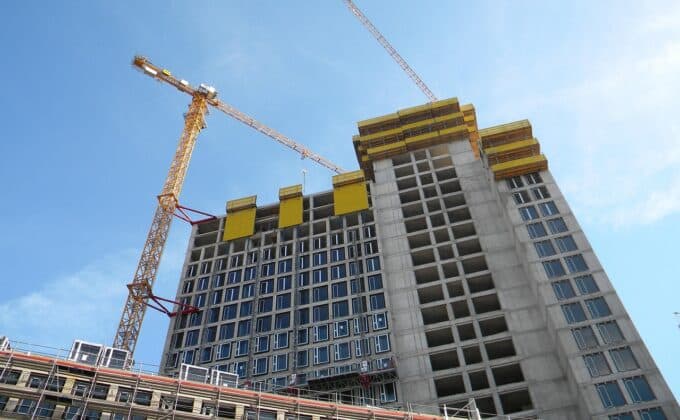
探索电气化供暖的需求响应潜力
View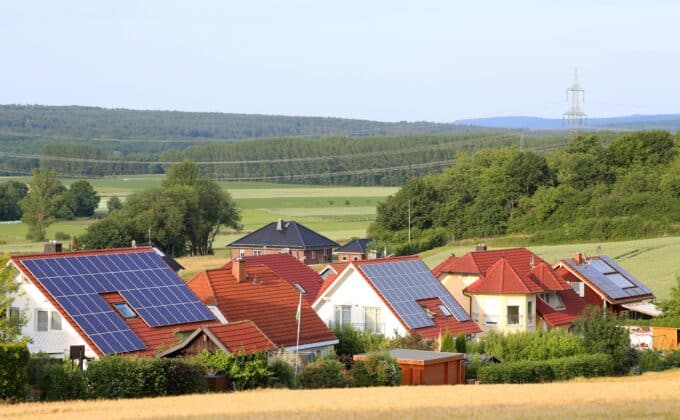
Was tun mit den Gasnetzen?
View Policy Brief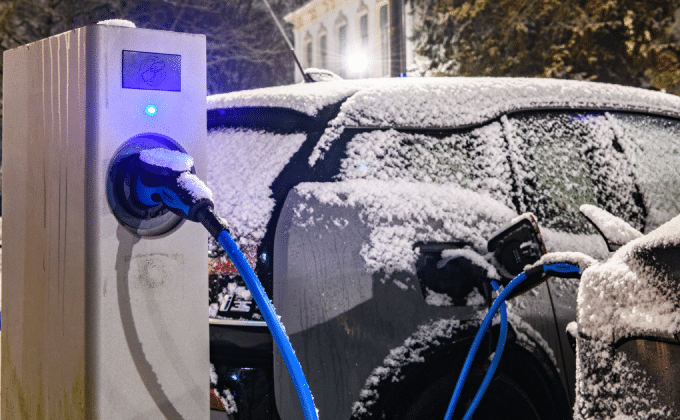
Savings from smart charging electric cars and trucks in Europe: A case study for France in 2040
View Policy Brief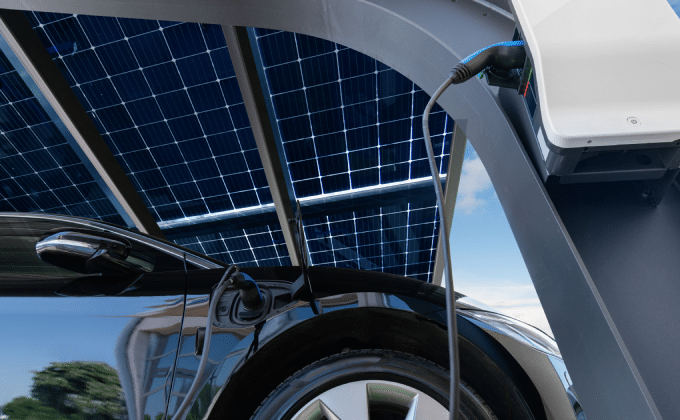
Smoothing the way: Coaxing more flexible charging from China’s mammoth EV fleet
View Executive Summary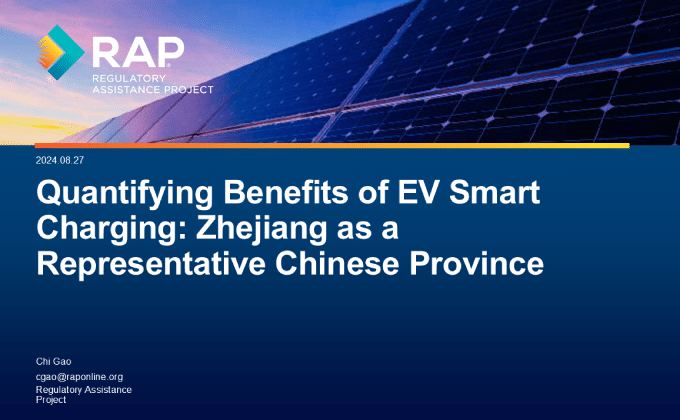
“Quantifying benefits of EV smart charging” project model in China
View Presentation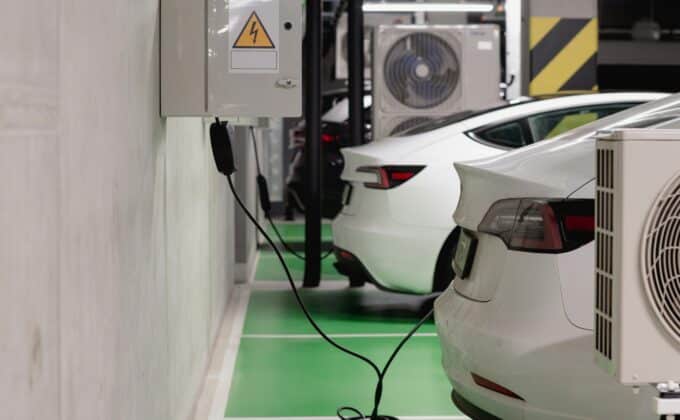
自动充电控制解锁居民侧电动汽车充电灵活性
View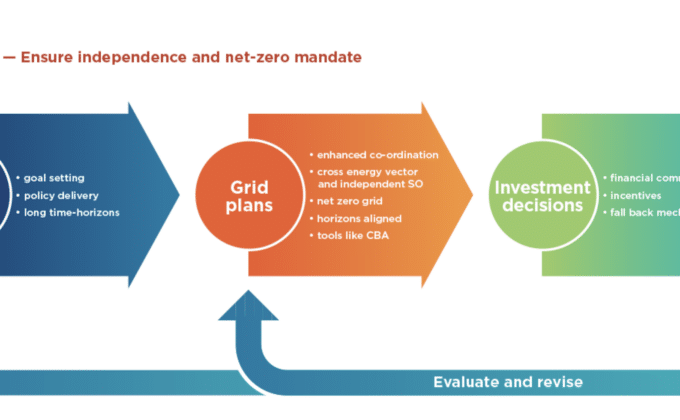
Revitalising regulation to guide anticipatory investment: A Power System Blueprint deep dive
View Policy Brief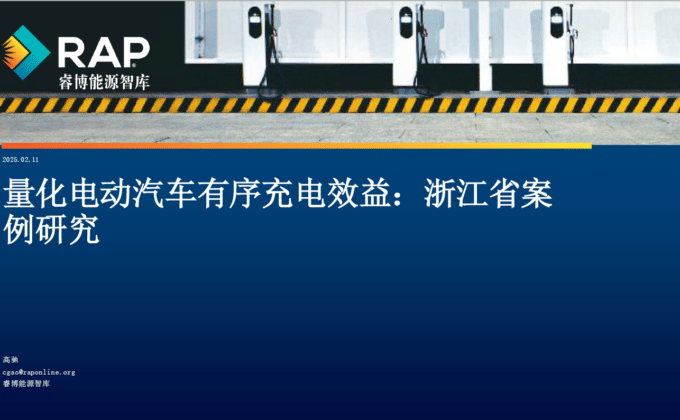
“量化电动汽车智能充电效益”之中国项目模型展示
View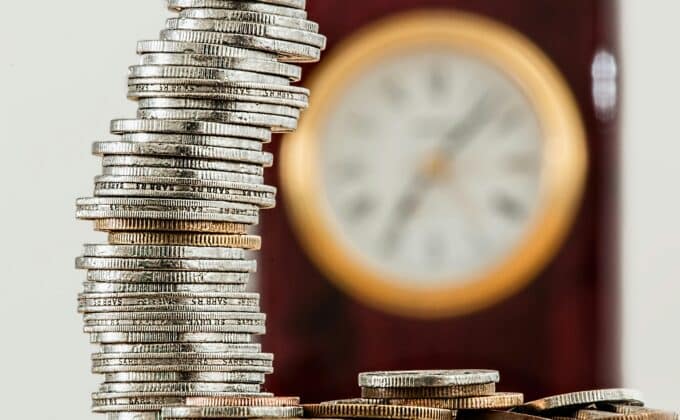
从限制到机遇:市场监管与价格释放的平衡之道
View
Making Europe’s homes ‘Hygge’: Danish lessons on district heating
View Report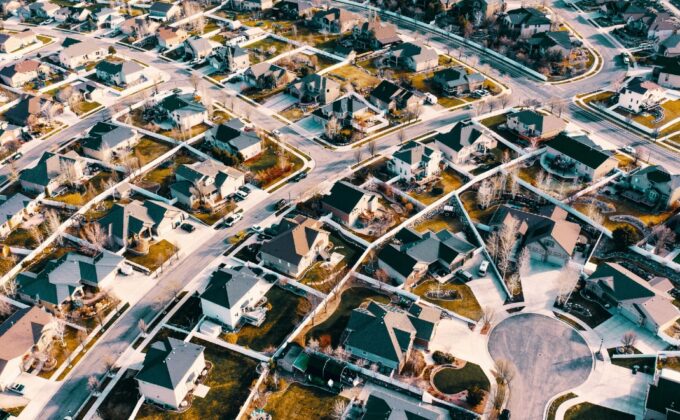
Opportunities for Integrating Electric and Gas Planning
View Report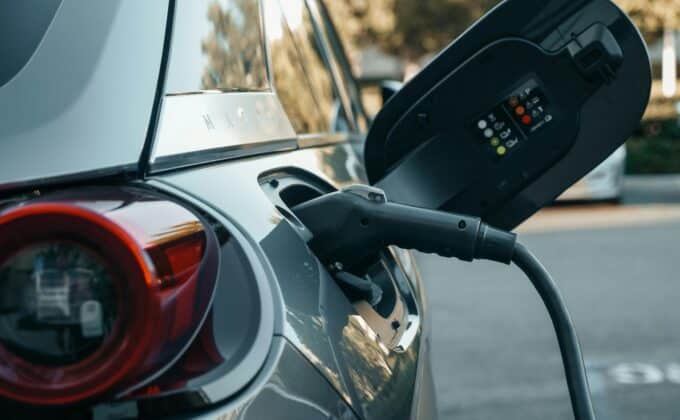
完善分时电价设计,促进车网互动
View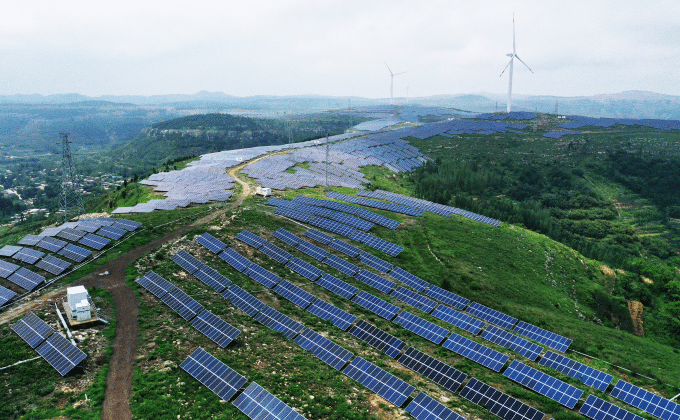
A full-stack compensation model for virtual power plants: Uniting the top-down and local-level approaches
View Policy Brief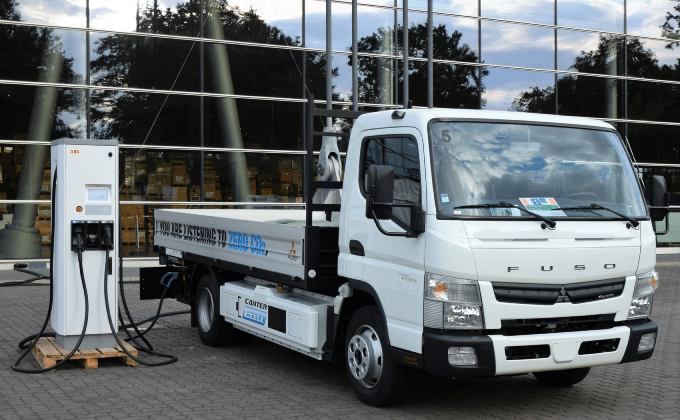
Optimising electric heavy-duty truck charging in India
View Policy Brief
